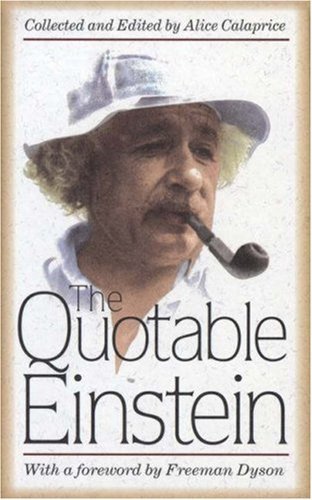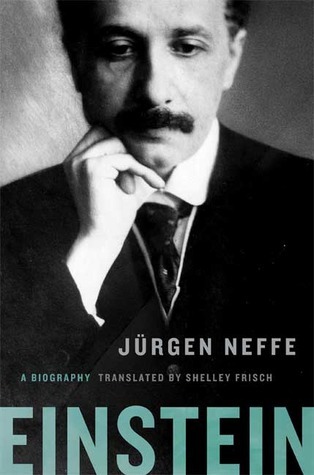
Einstein: His Life and Universe
Book Description
In a world where the fabric of reality is torn apart and rewritten, one man dares to unravel its mysteries. Walter Isaacson brings to life the extraordinary journey of Albert Einstein, the rebel thinker whose theories unleashed a scientific revolution. From the quiet streets of Ulm to the grandeur of international fame, Einstein navigates love, loss, and the relentless pursuit of truth in a quest that challenges the very laws of nature. Delve into the mind of a genius who transformed the way we understand the universe. What happens when the quest for knowledge collides with the weight of existence?
Quick Book Summary
Walter Isaacson's "Einstein: His Life and Universe" takes readers on an immersive journey through the life and ideas of Albert Einstein, one of history's most iconic scientific visionaries. The biography paints a nuanced picture of Einstein as both an irreverent rebel and a compassionate pacifist, tracing his formative years, groundbreaking scientific achievements, and personal struggles. Isaacson explores how Einstein's relentless curiosity led to discoveries that reshaped our understanding of the universe, including the theory of relativity and the equation E=mc². The book goes beyond scientific triumphs to reveal Einstein's complex relationships, political activism, and moral dilemmas in a changing world. Ultimately, the biography captures the drive, humanity, and quirkiness that defined Einstein's life and legacy.
Summary of Key Ideas
Table of Contents
The Importance of Independent Thinking and Creativity
Albert Einstein's early life was marked by curiosity, nonconformity, and a deep-seated aversion to rigid authority. Growing up in Germany, Einstein struggled within traditional educational systems but thrived on independent exploration and creative thinking. He found solace and inspiration in music and books, especially those that challenged him to question prevailing norms. This independent mindset laid the groundwork for his later scientific breakthroughs and imbued his life with a spirit of rebellion against convention.
The Interplay Between Science and Personal Life
Einstein's scientific achievements are intertwined with his quest to comprehend the most fundamental laws of the universe. His annus mirabilis of 1905 revolutionized physics, introducing the theory of special relativity, the photoelectric effect, and concepts that challenged Newtonian physics. Over time, Einstein developed the general theory of relativity, dramatically reshaping our understanding of gravity and space-time. Isaacson vividly details the passion and persistence that fueled Einstein’s discoveries, highlighting how imagination and rigorous questioning were as vital as mathematical prowess.
Political Engagement and Moral Responsibility
Isaacson explores how Einstein’s personal relationships influenced and were influenced by his scientific work. Einstein’s first marriage to Mileva Marić was both a partnership and a source of tension, complicated by professional and emotional challenges. Later, his connection with Elsa Löwenthal offered stability but came with its own complexities. The biography also examines Einstein’s relationship with his children, revealing a man whose devotion to science sometimes strained familial bonds. These personal narratives underscore Einstein’s humanity and the interplay between his inner world and public persona.
The Process of Scientific Discovery
The book delves into Einstein’s political activism, particularly his advocacy for pacifism, civil rights, and opposition to totalitarian regimes. As Nazism rose in Germany, Einstein—himself Jewish—became an outspoken critic, eventually emigrating to the United States. There, he navigated the ethical dilemmas posed by the atomic bomb and grappled with the responsibilities that came with scientific power. Einstein’s voice resonated beyond physics, as he engaged in debates about war, peace, Zionism, and the global pursuit of justice.
Legacy and Lasting Impact
Einstein’s later years were marked by continued scientific inquiry and philosophical reflection. Despite growing international fame, he maintained his trademark humility and sense of wonder. Isaacson emphasizes how Einstein’s legacy extends beyond his equations; it is also about the values he championed—independent thought, moral courage, and relentless curiosity. The biography concludes by reflecting on how Einstein’s life and theories transformed not only science, but our broader conception of what it means to seek understanding in a complex universe.
Download This Summary
Get a free PDF of this summary instantly — no email required.





